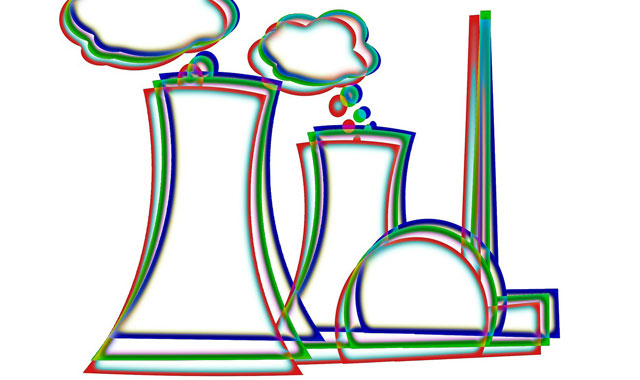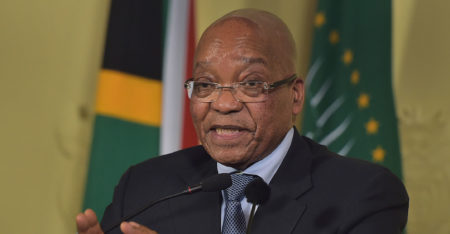
A court case questioning the legality of the department of energy’s 9,6GW nuclear procurement programme has caused the department to delay gazetting the request for proposals (RFPs), the Democratic Alliance said.
However, the energy department said it plans to gazette the RFPs “early in this financial year”, after missing a deadline it set to finalise the process by 31 March.
“There is a consultation process with key stakeholders that the DOE (department of energy) has undertaken before issuing the RFPs,” the DoE said in a statement on Tuesday.
“This consultation process has not yet been concluded and the DOE will issue the RFP as soon as the process is concluded early in this financial year.”
However, no new deadline had been issued on when the RFPs would be gazetted, energy minister Tina Joemat-Pettersson told parliament on Wednesday, according to DA MP Gordon Mackay.
Mackay said it appeared Joemat-Pettersson is now taking a cautious approach on the nuclear procurement programme, following court action by two environmental organisations questioning the legality of the process.
In its legal proceedings against the DOE, Earthlife Africa (ELA) and the Southern African Faith Communities’ Environment Institute said on 31 March that they received documentation indicating that a binding deal had been signed between South Africa and Russia’s nuclear company Rosatom.
They said “the Russian agreement was entered into unlawfully, but makes an internationally binding commitment to buy a fleet of nuclear reactors from Russia”.
From the state law adviser’s explanatory memorandum that was prepared in November 2013 but only revealed recently to Safcei/ELA, “it is evident that the Russian agreement is to build reactors and an enrichment plant”, the group said.
They said other subsequent agreements would “cover the details of how it is to be financed, not if it would go ahead”.
DA Mackay said Joemat-Pettersson told the portfolio committee on energy that she “was waiting for advice from the IPP (independent power producer) office” before proceeding with the release of the RFPs. “The minister is demonstrating caution, which should be welcomed,” he said. “She should not proceed until the court case is clear.
“If they release the RFPs, it will impact on work of the portfolio committee on energy and parliament’s oversight role and it will impact on the legality of the procurement programme, leaving the DOE and her (the minister) open to legal challenge.”
Gordon, who heads up the DA’s energy portfolio, said it was a victory for the opposition party and civil society, who he said caused the minister to be cautious.
However, a senior member of the nuclear industry, who wished to remain anonymous, said on Wednesday that there should be no major delays gazetting the RFPs and said the process should be concluded within four weeks.
Additionally, Kelvin Kemm, chairman of the National Energy Corporation, said on Wednesday that while the intention was to get the RFPs done by the end of March, some internal deadlines had been missed.
“I am still optimistic that it will be imminent,” he said. “There is no reason for it to be delayed.”
The RFP gazette will take the nuclear programme one step close to reaching fruition. Economists and rating agencies have warned that the programme’s high up-front costs and liabilities will have a detrimental impact on the economic stability of the country.
President Jacob Zuma and finance minister Pravin Gordhan made it clear this year that the programme will only progress at a scale and pace the country can afford.
In a statement on Wednesday, Gordon said the DA “has staunchly opposed the nuke deal since it was first revealed that the South African government, under the direct leadership of President Zuma, had signed an agreement with the Russian state-owned nuclear corporation, Rosatom.
“This agreement was entered into without the correct process being followed and raised serious questions relating to potential corruption given the personal involvement of the president.
“Further questions were raised after the purchase of Shiva Uranium by the Guptas, suggesting that the nuclear deal is a project of state capture for the personal benefit of a connected few and opens the door for corruption of the highest order. The procurement process is now in limbo,” he said.




